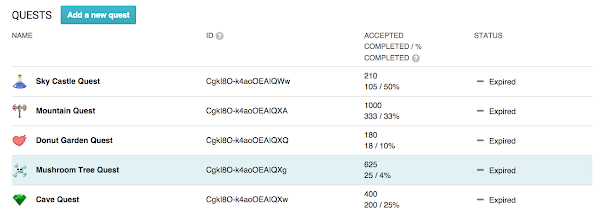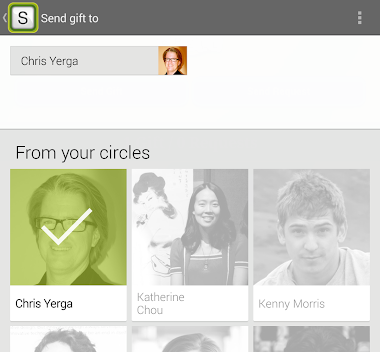Posted by Benjamin Frenkel, Product Manager, Play Games
In an effort to supercharge our Google Play games services (GPGS) developer tools, we’re introducing the Game services Publishing API, a revamped Unity Plugin, additional enhancements to the C++ SDK, and improved Leaderboard Tamper Protection.
Let’s dig into what’s new for developers:
Publishing API to automate game services configuration
At Google I/O this past June, the pubsite team launched the Google Play Developer Publishing APIs to automate the configuration and publishing of applications to the Play store. Game developers can now also use the Google Play game services Publishing API to automate the configuration and publishing of game services resources, starting with achievements and leaderboards.
For example, if you plan on publishing your game in multiple languages, the game services Publishing API will enable you to pull translation data from spreadsheets, CSVs, or a Content Management System (CMS) and automatically apply those translations to your achievements.
Early adopter Square Enix believes the game services Publishing API will be an indispensable tool to manage global game rollouts:
Achievements are the most used feature in Google Play game services for us. As our games support more languages, achievement management has become increasingly difficult. With the game services Publishing API, we can automate this process, which is really helpful. The game services Publishing API also comes with great samples that we were able to easily customize for our needs
Keisuke Hata, Manager / Technical Director, SQUARE ENIX Co., Ltd.
To get started today, take a look at the developer documentation here.
Updated Unity plugin and Cross-platform C++ SDK
- Unity plugin Saved Games support: You can now take advantage of the Saved Games feature directly from the Unity plugin, with more storage and greater discoverability through the Play Games app
- New Unity plugin architecture: We’ve rewritten the plugin on top of our cross-platform C++ SDK to speed up feature development across SDKs and increase our responsiveness to your feedback
- Improved Unity generated Xcode project setup: You now have a much more robust way to generate Xcode projects integrated with Google Play Game Services in Unity
- Updated and improved Unity samples: We’ve updated our sample codes to make it easier for first time developers to integrate Google Play games services
- C++ SDK support for iPhone 6 Plus: You can now take advantage of the out-of-box games services UI (e.g., for leaderboards and achievements) for larger form factor devices, such as the iPhone 6 Plus
We also include some important bug fixes and stability improvements. Check out the release notes for the Unity Plugin and the getting started page for the C++ SDK for more details.
Leaderboard Tamper Protection
Turn on Leaderboard Tamper Protection to automatically hide suspected tampered scores from your leaderboards. To enable tamper protection on an existing leaderboard, go to your leaderboard in the Play developer console and flip the “Leaderboard tamper protection” toggle to on. Tamper protection will be on by default for new leaderboards.Learn more.
To learn more about cleaning up previously submitted suspicious scores refer to the Google Play game services Management APIs documentation or get the web demo console for the Management API directly from github here.
In addition, if you prefer command-line tools, you can use the python-based option here.





















